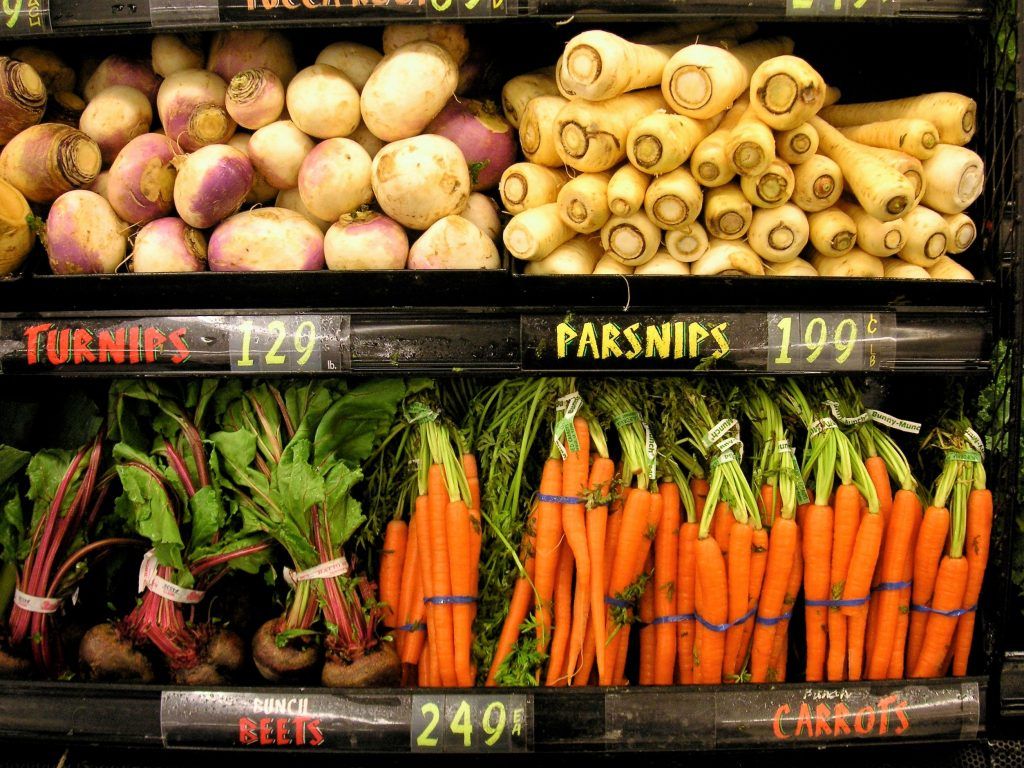Root vegetables are by nature pretty durable, although it’s common knowledge that organic varieties tend to go off quicker than ones grown with pesticides.
However, now it emerges that cleaning all the dirt off root vegetables before they hit the supermarket shelves can render them more prone to decay as well, according to research led by Aarhus University.
Removing the dirt scratches the vegetables’ skin, enabling the bacteria and fungus in the soil to penetrate the skin.
Another two weeks of life
Kvalirod, a new research project, is aiming to improve the washing process, and so far it looks like employing hot water and spices can increase the vegetables’ resistance.
If successful, Kvalirod hopes to increase the shelf life of the veg by 14 days and reduce food waste by 5 percent at stores and 30 percent in the homes of consumers.
It is hoped a breakthrough will increase the number of countries Denmark can export its root vegetables to.
New era of astrophysics
An astrophysicist from DTU Space has hailed “a new era for astrophysics” following the confirmation that gravitational waves produced by a neutron star collision have been measured for the first time. The August 14 breakthrough, achieved by the work of the European Space Agency mission ‘Integral’, confirms Albert Einstein’s general theory of relativity regarding the ripples in time and space. Speaking from an ongoing congress in Vienna, where many of the world’s significant astrophysicists are gathered, Søren Brandt told dtu.dk the discovery will tie up several loose ends in astrophysics.
Womb not as sterile as thought
Chinese research carried out in collaboration with the University of Copenhagen, DTU Bioengineering and the Norwegian institute of nutrition and seafood research proves it is possible for bacteria to exist inside a woman’s womb, thus potentially affecting the immune system of the foetus. Previously it was believed the womb – along with the ovaries, fallopian tubes and uterus – was a sterile environment. The findings of the Institute of Metagenomics at BGI-Shenzhen are based on a study of 110 women.
More green energy funding allocated
The government’s energy tech fund Det Energiteknologiske Udviklings- og Demonstrationsprogram (EUDP) has allocated another 183 million kroner to green energy projects, taking its total 2017 outlay to 313 million. Some 55 projects, including ones to build floating offshore turbines and fuel tanks for hydrogen cars, are set to benefit, whilst boosting growth and employment. This means that under the EUDP a total of 313 million has been allocated.
Mussel methane menace
Researchers from Stockholm University and Cardiff University have warned that the Danish government’s plans to permit more aquaculture in the Kattegat Sea will not only adversely affect the local marine environment, but also be bad for the climate. Methane produced by mussels, worms and other bottom feeders are 34 times more harmful than CO2 and already account for 10 percent of the methane emissions from the Baltic Sea. In recent years, methane emissions from animals like cows have been increasingly blamed for the production of greenhouse gases.















